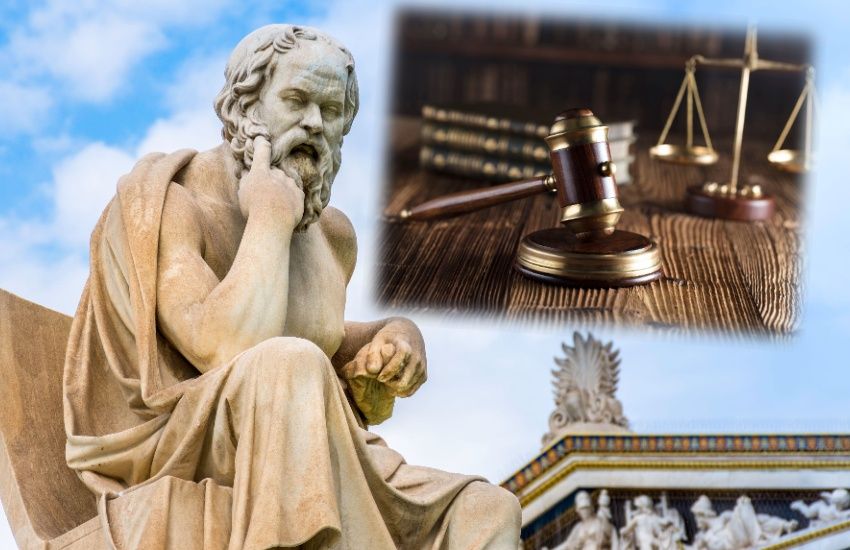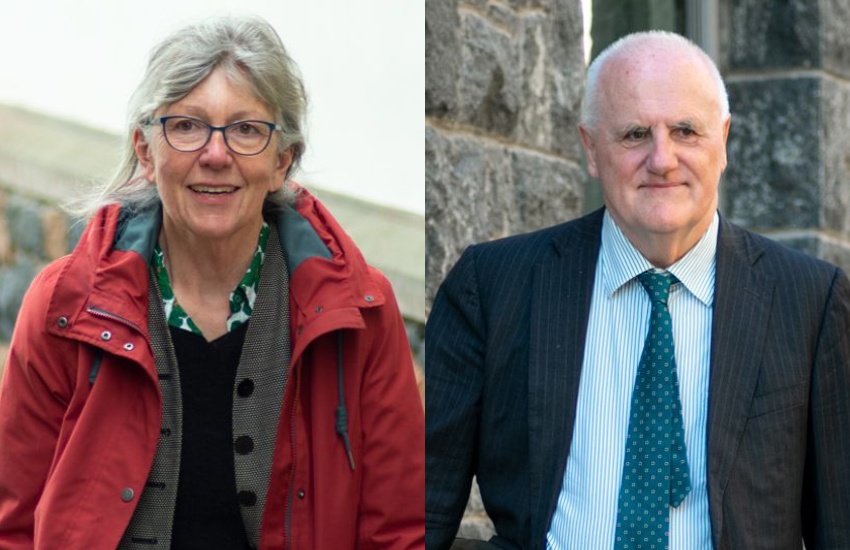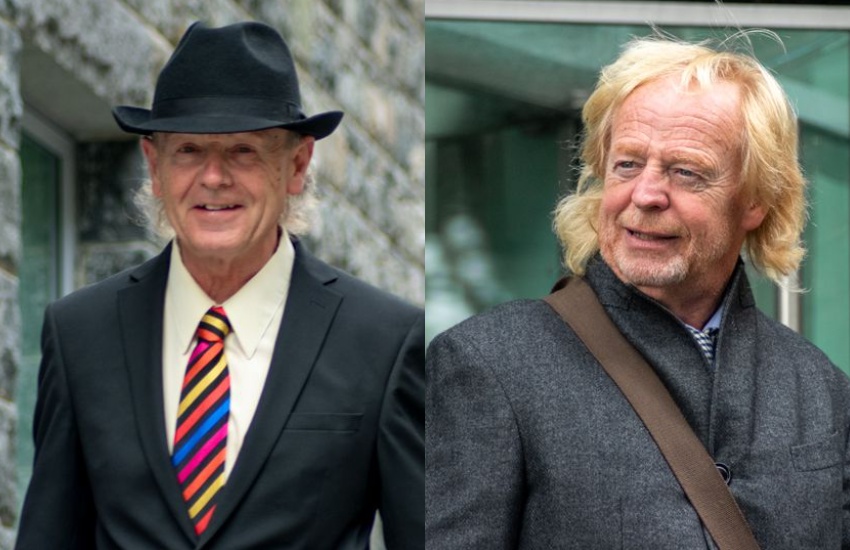


A person’s philosophical beliefs will be legally protected from discrimination if deputies approve a draft law which they are currently debating.
The Assembly voted in favour of an amendment laid by Deputy Yvonne Burford to provide philosophical beliefs – or lack of them – with the same status as religious beliefs as a ground which could potentially benefit from protection under the proposed anti-discrimination law.
The successful amendment brings part of the draft law into line with the UK’s Equality Act of 2010, under which case law has ruled that philosophical beliefs protected from discrimination include:
The amendment, which was seconded by Deputy Peter Ferbrache, was approved by 23 votes to 14 after two hours of debate. It was supported by the Committee for Employment & Social Security, which is leading efforts to legislate against discrimination and had unsuccessfully proposed protecting philosophical beliefs in a previous debate.

Pictured: The amendment was proposed by Deputy Yvonne Burford and seconded by Deputy Peter Ferbrache.
"This amendment is, of course, about discrimination, but it is also very much about freedom of belief and, by extension, freedom of expression or freedom of speech - a principle which is as dear to me as I know it is to many of my colleagues in this Assembly," said Deputy Burford.
"More than ever, and no doubt exacerbated by social media, it seems that people are sometimes fearful to express legitimately held and reasonable beliefs.
"Including the ground of belief in the legislation, although it's likely to be called upon extremely infrequently, will provide the reassurance of a protective legal backstop for genuinely held, serious and respectful beliefs.
"This Assembly has already agreed such a reassurance to those holding religious beliefs. Is it not discriminatory of itself to fail to provide for those whose beliefs do not involve a deity?"

Pictured: Deputies Lester Queripel (left) and Bob Murray were strongly opposed to the amendment.
Deputy Lester Queripel spoke against the amendment. He wanted religious beliefs to be protected from discrimination but not non-religious philosophical beliefs.
"We all know where we are when we talk about religious beliefs. If we broaden this out to any philosophical belief, as this amendment is asking us to do, then no-one, including I suspect advocates, will have a clue where we are because it is such a grey, subjective area open to interpretation and misinterpretation," said Deputy Queripel.
"I believe court cases will increase dramatically, litigation will be rampant and the cost of Legal Aid will go through the roof. This amendment will lead us into a minefield if it succeeds."
Deputy Bob Murray was also opposed to the amendment and criticised Deputy Burford for using an amendment to bring back proposals which had been defeated previously. He said that religious beliefs had "permanence" in a way which secular philosophical beliefs did not.
"It would, therefore, be fair to my mind to say that belief is not equal to religion, and when we start to award belief the same legal status we open a Pandora's box of definitions of equality which, just at a pragmatic level, would be an enormous burden on a tribunal," said Deputy Murray. "Certainly it would involve a considerable cost and is likely only to benefit a very small number of people, if at all.
"I do not want a procession of Klingons, Jedi or people who identify as Targaryens or whatever else tying up the tribunal, employment lawyers or the States, and inevitably lining the pockets of lawyers particularly, even if they have little chance of success."

Pictured: Deputy Bob Murray said that protecting philosophical beliefs from discrimination could lead to expensive cases being launched by "a procession of Klingons".
Deputy Burford tried to reassure the Assembly by explaining the process of pursuing a case of discrimination on the ground of philosophical belief.
"It is generally dealt with in two parts. Firstly, a pre-hearing simply decides if the belief in question qualifies for protection, and the hearing generally does this by applying five tests," she said.
"Here are those five tests:
"These are known as the Grainger tests and all in all they are a set of criteria designed to deter and to weed out at an early stage inappropriate, vexatious, frivolous or simply ridiculous claims.
"The second stage, if a tribunal does decide that the belief is protected, is a hearing of the case. Importantly, it still does not mean that a particular claim citing the protected belief will be found to have any merit or indeed that such a belief will always be considered protected for any claimant."

Pictured: Deputies are debating which grounds should be protected from discrimination in a new law and what exemptions there should be from the law.
Deputy Ferbrache spoke about the potential for someone to lose a job for holding a genuine philosophical belief and said "that, to me, would be a clear discriminatory act against that person...we're all entitled to hold different beliefs".
"Beliefs are important...we are entitled to substantial opinions about religion or non-religion...we cannot restrict that and just have religious belief in the way that it has been defined," he said.
"In my view, this is both a harmless amendment and an important amendment. We must protect, in a proper way, people's basic beliefs; their basic philosophical beliefs."
Debate continues on other amendments to the draft law, after which the draft law, as amended, will be put to the vote.
For the amendment (23): Deputies Blin, Brouard, Burford, Bury, Cameron, de Sausmarez, Dudley-Owen, Fairclough, Falla, Ferbrache, Gabriel, Gollop, Inder, Kazantseva-Miller, Le Tocq, Leadbeater, Matthews, Roffey, Soulsby, St. Pier, Trott and Alderney Representatives Roberts and Snowdon.
Against the amendment (14): Deputies Aldwell, De Lisle, Dyke, Haskins, Le Tissier, Mahoney, McKenna, Meerveld, Moakes, Murray, Parkinson, Queripel, Taylor, Vermeulen.
Did not vote (1): Deputy Prow.
Absent (2): Deputies Helyar and Oliver.
GALLERY: Anti-discrimination debate set to begin
"About time Guernsey came into line with the rest of the civilised world"
ANALYSIS: Assembly to face its biggest test yet on social policy
Comments
Comments on this story express the views of the commentator only, not Bailiwick Publishing. We are unable to guarantee the accuracy of any of those comments.